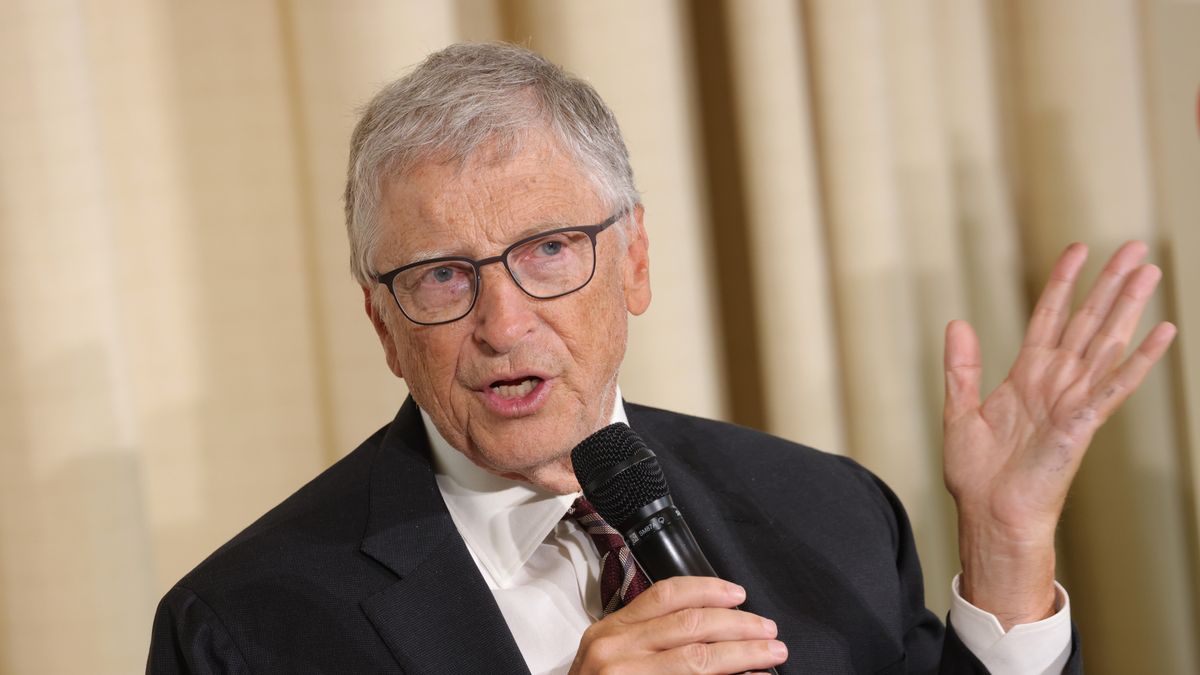
Bill Gates Discusses Tech Leaders and Philanthropy in New Interview
Bill Gates shares insights on his philanthropic commitments and interactions with tech peers in a recent interview following his autobiography release.
Bill Gates’ new autobiography, Source Code, was published today. The Microsoft co-founder discusses his substantial contributions through the Gates Foundation, stating, “I’ve given over $100 billion, but I still have more to give.”
Gates acknowledged his mother, Mary Gates, for instilling a sense of responsibility regarding wealth, often emphasizing that with wealth came the need to contribute back to society. In an interesting anecdote, Gates reflects on a tactic his mother used to encourage him to maintain cleanliness in his room, which included confiscating clothes and charging a fee to reclaim them, leading young Gates to wear fewer clothes.
To date, Gates estimates he has contributed around $60 billion to The Gates Foundation, which benefits from donations from other notable philanthropists like Warren Buffett. He notes that despite these financial sacrifices, he does not feel financially diminished; he maintains a fortune of approximately $160 billion.
Reflecting on personal traits, Gates candidly considers the possibility that had he grown up in today’s context, he might have been diagnosed on the autism spectrum, given his obsessive behaviors and social skills.
In light of current events, Gates shared his thoughts on tech billionaires who have associated with President Donald Trump, stating, “You can be cynical” about their motivations. However, he acknowledges his own dinner meeting with Trump, highlighting the relevance of Trump’s decisions to global health issues.
With the ongoing challenges of discerning truth in online spaces, Gates expressed his concerns regarding misinformation but admitted to having no solutions, emphasizing the need for better conversations around the topic.
Gates concluded with a comment on potential candidates in health roles, labeling some ideas circulating in society as misleading.
